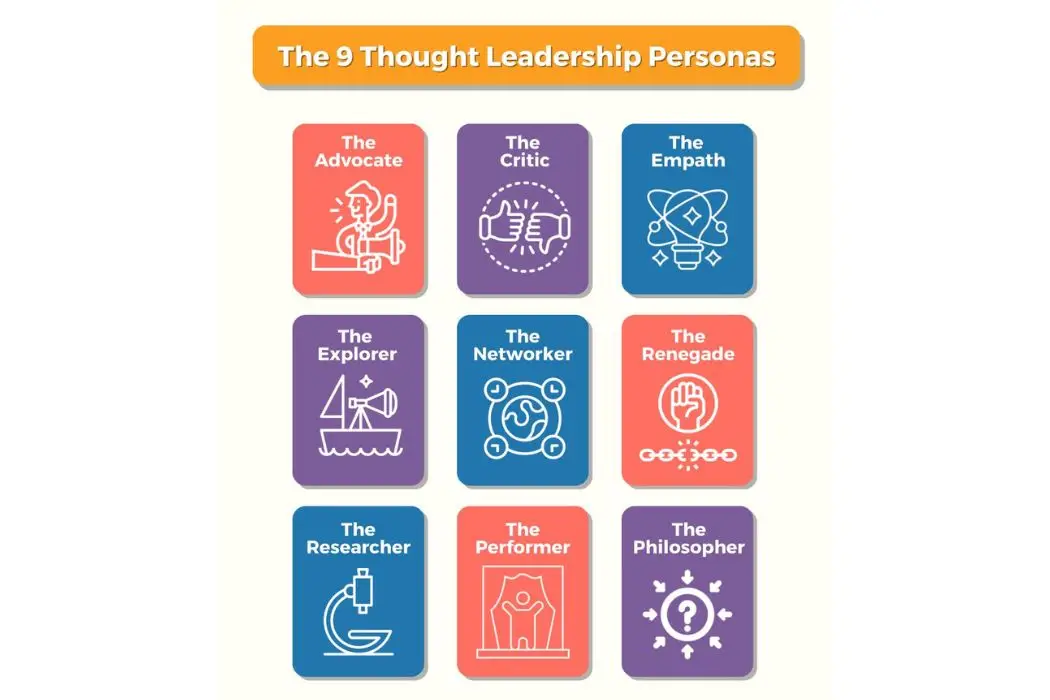When I was 12 years old, I had a strategy to achieve global domination. Quite literally. I was an extremely weird kid. The world is lucky I turned out to be kind and ethical. But there’s a lesson about “strategy” in this story.
My childhood strategy was about 20 pages of notes on how I would:
– Influence a white revolutionary leader in Southern Africa with arms to stage a coup backed by either the US or the USSR. I thought Rhodesia was a likely flashpoint. And I knew at the time (late 1970s) northern powers would place their bets on a white leader.
– After the coup’s success, depose its leader and take over directly.
– Play off US and USSR desires to have regional influence until they placed nukes in my territory.
– Nationalize the nukes and use them as a bargaining chip for further power.
I spent hours in my room or hidden away in corners at relatives’ houses working on this strategy reading whatever material on geopolitics I could get my hands on. What’s the point here?
Obviously, I did not have the capabilities or resources or even access to carry out such a plan. Also, come on…I was 12.
But often enough, what business leaders call “strategy” is no more grounded than mine. It’s as far away from the ability to execute as my bizarre bookish musings. But they persist because “strategy” has a special cachet, an almost magical aura of sophisticated thinking.
There’s also a lot of mystification and hair-splitting around what strategy is. What interests me is how the mere use of the word “strategy” is used to build cultural capital within an organization. Invoke strategy, and somehow or other the pesky questions fall apart as “unstrategic.”
However, those pesky questions matter. For example, if a company has no access to a market, its strategy can’t be to enter that market without a plan for accessing it first. If a company doesn’t have an offering for a particular segment, its strategy can’t be selling to that segment without building capabilities to do so. And so forth.
Because whatever momentary philosophical distinctions you try to make between strategy, objectives, and tactics, in reality, they work together holistically.
Anything else is just a scramble or a dream, weird kids scribbling in the corner of a house, not being part of the world at all.




